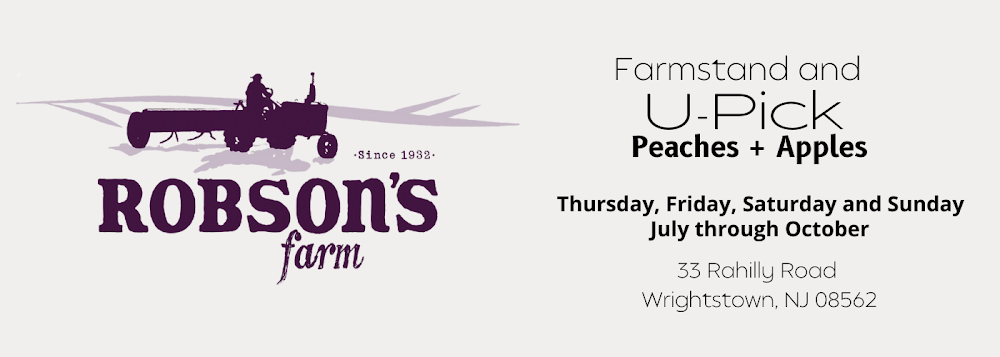Bee Wilson opens her book, "Consider the Fork" with the wooden spoon.
She writes, "A wooden spoon - most trusty and lovable of kitchen implements...."
This instantly made me laugh because when I think of the "lovable" wooden spoon I think of my mom beating my butt as a child when I was bad. It was her weapon of choice.
My second thought as I started reading was that I overwhelmed by the detailed information. So much information folks.
As I put the book down for the day after reading the first few chapters and went into the kitchen to make dinner I noticed myself recalling what I had learned about the whisk.
Yes, I saw the humble whisk in an entirely new way. The evolution of the whisk was fueled by wanting to get frothy eggs...delightful meringue (few things are superior to meringue in mind). Wilson writes, "this only happens when egg's protein molecules have partly unfolded under contact with air, reforming as an air-filled lattice: stiff peaks." This take a long time using a proper whisk...imagine how long it would take with reeds tied together. That's how the balloon whisk began, with blades of giant grass and evolved into a breakfast time necessity at least for those of us who frequent the scrambled eggs.
I mean I had never in my life questioned the origin of the whisk and for that matter I had never questioned the birth of even the fork, the spoon, the toaster or the rice cooker (I don't even own a rice cooker).
 |
| "Consider the Fork" by Bee Wilson Floral Book Review |
I favored the "Eat" chapter that starts out with a focus on the spoon, and then moves on to the fork, chopsticks, and ....drumroll please...the spork!
Wilson writes, "There are fork cultures and there are chopstick cultures; but all peoples of the world use spoons." A world filled with countless customs, vast cultures, and diverse languages all use a common implement. The worldly spoon!
The fork is also completely fascinating and surprisingly, "a relatively recent invention, and it attracted scorn and laughter when it first appeared."
"Forks in our sense were considered odd until the seventeenth century, except among Italians. Why did Italy adopt the fork before any other country in Europe? One word: pasta," writes Wilson.
Thank you pasta for our dear fork because eating everything as finger food can get messy.
And lastly I'll leave you with the spork. Wilson provides an extremely detailed account of the spork but this exerpt was my favorite:
"Other important users of the spork included schools and prisons and any other institutional setting where the business of feeding is reduced to it's most basic, functional level. American prison sporks are generally plastic, orange in color, and very ineffectual, because it is vital that they should not be used as weapons. In 2008, a man was arrested in Anchorage, Alaska, for attempting an armed robbery with a spork from a fried-chicken restaurant."







No comments:
Post a Comment
Note: Only a member of this blog may post a comment.